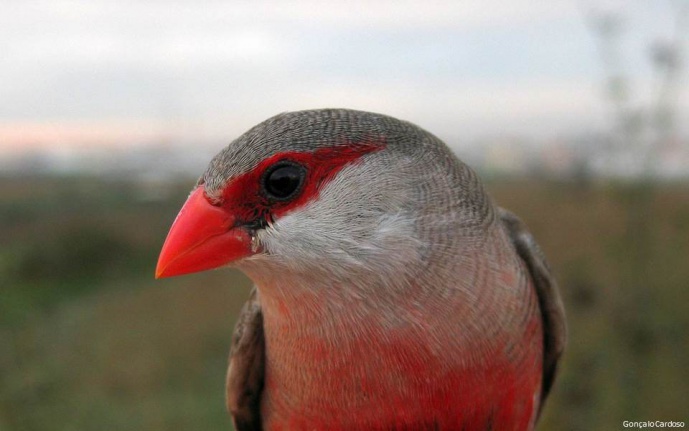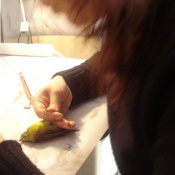Ecology and physiology of plastic sex differences in ornamentation
Behavioural ecology has been silent on an issue that is important both for social animals and for humans: the issue of plastic differences, as opposed to fixed differences, between males and females of species with conventional sex roles. Using observational and experimental work on a gregarious avian species with plastic sex differences in ornamental traits, the common waxbill (Estrilda astrild), we test how female and male investment in ornamentation are differently modulated by life-history, physiological challenges, and ecology. Our project aims at providing biological background relevant to contextualize the evolution of plastic sex differences in social phenotypes, of the type that are also often observed in human social behaviour, where many sex differences are plastic and attributable to external social influences.



